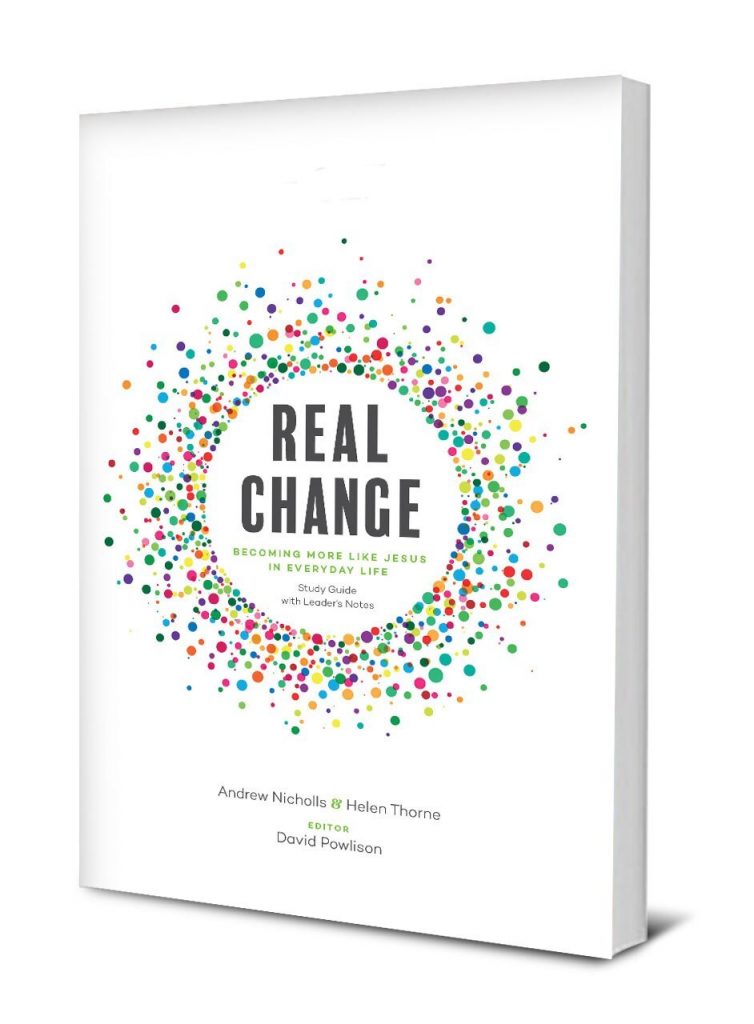“I didn’t think it could happen to me—I thought I’d be someone who’d always be able to cope—but I can’t. I can’t sleep, I can’t focus, I can’t clear my head of the images from the past. That day broke me, and I don’t know where to go from here.”
I was sitting in my living room, listening to a friend. She had been so happy, so dynamic, but then her world was turned upside down. A single traumatic day crashed into her life, and none of us had been prepared for what would happen next. Her sense of desperation weighed heavily on my heart. I hugged her, we prayed, and we resolved to open God’s word. But where would we go? What does the Bible say about her struggles with Post Traumatic Stress Disorder (PTSD)?
Trauma and the Experience of PTSD
Trauma can take many forms. For some it is the horrors of war or terrorism at home while for others it is being involved in serious accidents or assaults. It can be childhood or domestic abuse or even a particularly scary time in childbirth. But whatever the specific details of the trauma, one thing is for sure, it shouts loudly, “This world is not a safe place to be,” and that message deeply impacts the human heart. Some people overcome trauma in a matter of weeks but, for many, the legacy lingers. And for those who develop the signs of PTSD, life becomes unspeakably hard.
Flashbacks during the day and nightmares while sleeping are some of the hardest PTSD symptoms to bear. Far more than just “remembering” the hard things, they are moments where sufferers can feel transported back in time—the sights, the smells, the fear comes rushing back in a flood. But PTSD doesn’t stop there. Those who know its pain frequently speak of feeling constantly on edge, hyper-alert to any dangers around, difficulty concentrating and regularly feeling anger or despair. It’s a life-altering condition—one from which people are often desperate for relief.
As such, it’s easy for those struggling with PTSD to turn to things that offer a short moment of respite from the pain. Alcohol, drugs, pornography, and self-harm all act as fake-helpers that promise relief but only make things worse in the end. Rituals can be another tempting place to run: “If I just sit in the right seat on the train…” or “If I just check the door is locked one more time…” A false sense of security can be built up that momentarily offers the safety that feels so lacking in the wider world. For others still, it is the lure of isolation that promises much, after all, if people are avoided, future pain can be minimized, right? But none of these strategies offer any real hope—they’re false friends who eventually show themselves to be hinderers rather than helps. So where is true hope to be found?
Scripture and hope for those struggling with PTSD
There is goodness in the common grace that is found in therapy and prescription drugs. Neither are to be engaged in uncritically (not every therapy or medication is of equal value to an individual in pain), but they are a gift to be embraced with the help of wise doctors and friends. But there’s an even more glorious place to turn: We have a Savior who understands trauma more deeply than anyone else and who welcomes us to come to him for the strength we need day by day. We meet him clearly in the pages of scripture and there he offers some beautiful words. Below are a few of the Psalms that my friend and I explored as we walked together through her PTSD.
The God who says, “You are not alone.”
Psalm 139 reminds us that the God who is familiar with all our ways is intimately acquainted with our pain. None of the trauma, not a single facet of its legacy, is hidden from his sight. And his knowledge is no mere noting of the facts from afar, he is with us. He loves us and knows this fallen world is not as it should be.
The God who says, “It’s right to lament.”
In our pain, it is good to call out to the Lord. There’s no mandate to cope—no assumption of stoic “pressing on”—when life hurts, as it often does. God loves us to express our emotions to him. As the Psalmist in Psalm 3 reminds, we can call on him, complain to him, convey our requests to him and commit ourselves to trusting him—such categories tend to be the components of any lament. And we can keep doing that for as long as we need. He does not get bored of hearing the same lament sung time and again.
The God who says, “You can hide in me.”
A rock and refuge is a safe place to be. It’s not something that takes away the storms of life, but it is something or someone who can shelter us when those storms are at their worst. Psalm 71 reminds us that God is a person of safety to whom we can run on the darkest of days. We will always find a warm welcome as we bring our prayers, cries, groans to him. There’s no promise of instant “cure” but there is a promise that he will surround us as the trauma rages on.
The God who says, “I will lead you through this.”
The words of Psalm 23 are precious balm to the soul. Life may feel overwhelming and we may not know where to turn, but we have a Shepherd leading us step by step. He knows the paths. And he is equipped to lead. With a rod in one hand to bat away the dangers and a staff in the other to bring us back when we have wandered off, he is the one who never falters or fails.
The God who says, “There is strength in my word.”
The Bible is a living book. There is counsel in its words and that helps us live differently, as Psalm 119 contends. Within its pages we find the encouragement, fuel and strength to have our minds transformed (as other passages, such as Ephesians 4:22-24 set out). The fearful, can take baby steps towards trust as the sovereignty of God becomes clear. The despairing can begin to see hope as the beauty of God comes increasingly into view. Humans tend to grow slowly, but grow we can and keep on growing until the day of perfection comes.
The God who says, “I will make all things right.”
Psalm 22 simply drips with hope. In its verses, we meet the Savior who not only understands suffering more deeply than us but the Savior who will (and indeed has already started) making all things new. The Psalmist points us here to Jesus’ victorious work on the cross. The pain may not be over yet, but one day, one day of God’s choosing (not ours), it will be. There’s no such thing as an unhappy ending for those who are in Christ.
REAL CHANGE: BECOMING MORE LIKE JESUS IN EVERYDAY LIFE (STUDY GUIDE WITH LEADER’S NOTES)
Every honest Christian knows the need for change. But how to get there? How do you move forward from struggles both big and small? And how does our faith in God impact our everyday thoughts, feelings, and actions?






